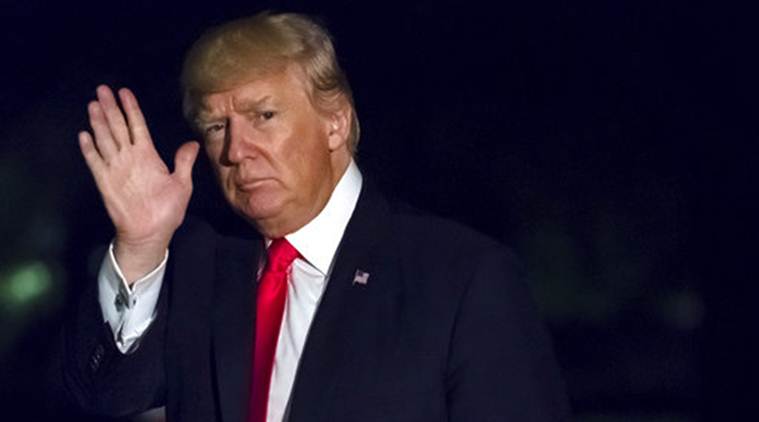Disorder in the Court

I’m just a plainspoken Colorado criminal defense lawyer, but the way I see it…
Just a brief update on some of the outstanding Presidential nominees to federal high courts:
John K. Bush, a Kentucky lawyer nominated for the 6th Circuit U.S. Court of Appeals, equates a woman’s right to choose with a master’s right to whip his slaves, the “two greatest tragedies in our country.” Thinks women best suited to supporting roles in the military, like maybe nurses. That neither blacks nor women make good Presidents. Gay men should be thrown in jail. Sure, global warming is a hoax. And Barack Obama was born in the country of Africa.
Damien Schiff, nominated to the U.S. Court of Federal Claims, is a California lawyer with equally impressive credentials. He’s called Supreme Court Justice Anthony Kennedy “a judicial prostitute.” Also wants to toss gay men in jail (I may have that wrong: maybe he just wants to toss with a couple of gay men; he ain’t that articulate). Was against a school district anti-bullying program because, even though “I have not seen the proposed lesson,” it might give folks the impression there’s nothing wrong with being gay, and that gay folk are even remotely like regular folk. Similar feelings about black folk.
One U.S. Senator felt it beneath the dignity of the Senate to even ask questions of Schiff. “It’s just astounding to me to be sitting here (with these nominees) and having this be treated as if it’s normal. It just isn’t normal.”
Alabama lawyer Kevin Newsom is nominated to the United States Court of Appeals for the Eleventh Circuit. Lawyer Newsom feels it a shame we can’t still kill children who, if they had committed their crimes when fully grown, would have got the death penalty. Damn the Supreme Court justices who took that option off his table.
These three – call them Larry, Moe, and Curly — will make fine additions to our judiciary, I’m sure. These guys are shoe-ins.
Oddly, at least two of Trump’s other nominees were already nominated by President Obama for the same judgeships, but failed to be confirmed because the Republican-controlled Senate didn’t want any Obama nominees confirmed. Because he doesn’t read, Trump probably has no idea.
We’re gonna have to sneak them onto the bench.



